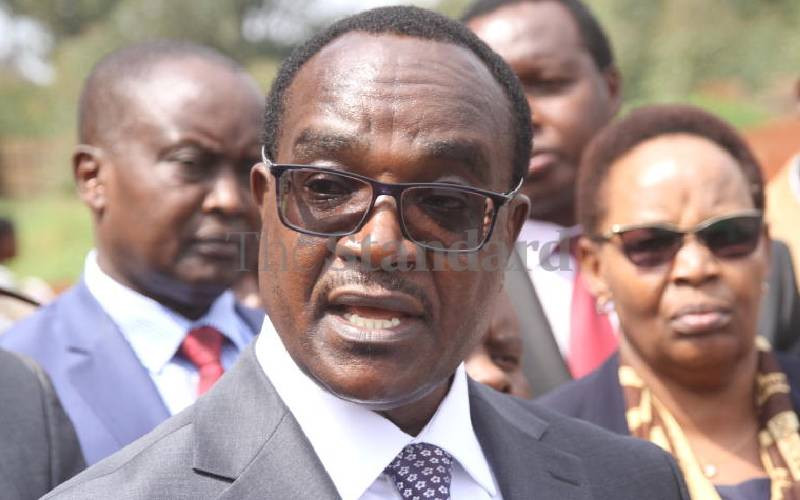×
The Standard e-Paper
Smart Minds Choose Us

A pivotal ruling that could determine the future of President William Ruto's ambitious multi-billion-shilling reform plan for public university funding is set to be delivered today.
Justice Chacha Mwita, of the Milimani Constitutional and Human Rights Division, will rule on whether the funding model, launched by President Ruto on 3 May 2023, violates the Constitution and whether the presidential directive that created it was illegal.